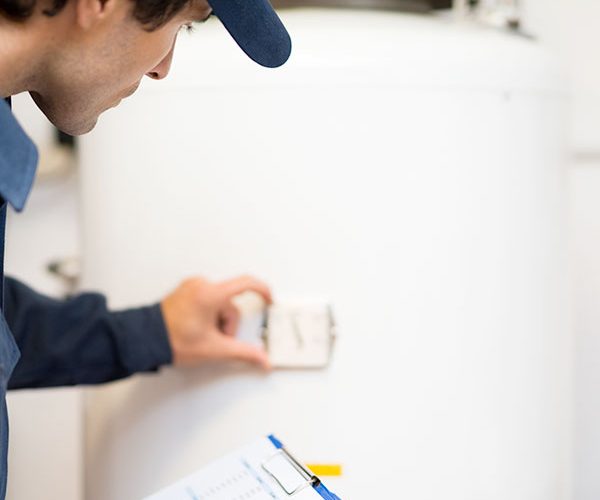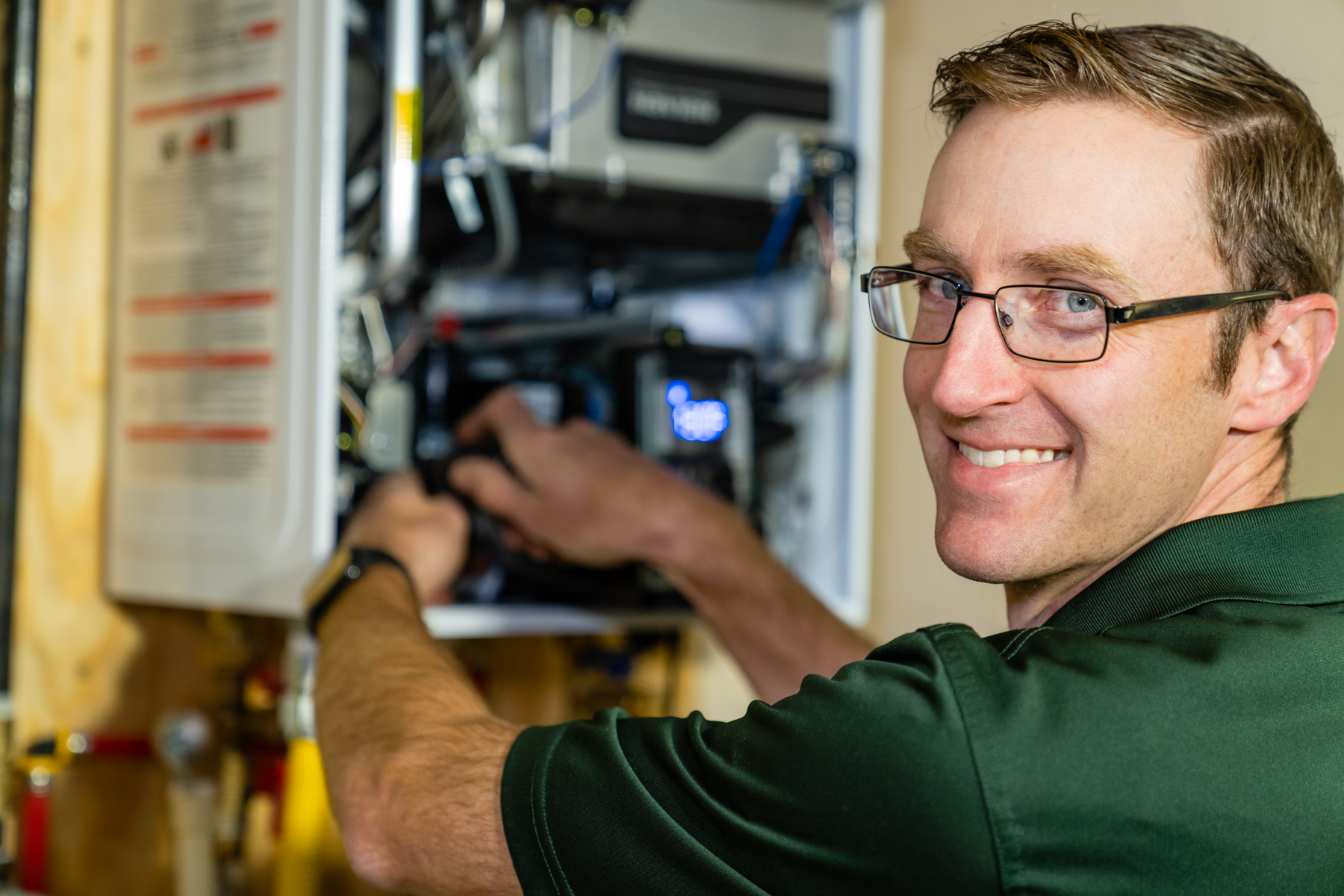Methods to Address the Most Common Heater Urgent Issues
Methods to Address the Most Common Heater Urgent Issues
Blog Article
Everybody will have their own unique way of thinking with regards to Is Your Water Heater Leaking?.

A hot water heater is just one of one of the most important fundamental devices that can be located in a home. With hot water heater, you do not need to experience the tension of home heating water by hand whenever there is a requirement to take a bath, do the laundry, or the recipes. There is always an opportunity that your water heater would certainly act up as with most mechanical tools.
It is very important to keep in mind any type of little malfunction as well as tackle it quickly before points leave hand. Many times, your hot water heater starts to malfunction when there is a build-up of sediments as a result of constant use. As a precaution, periodic flushing of your water heater is recommended to avoid debris buildup and also avoid useful failing.
Common hot water heater emergency situations as well as exactly how to manage them
Too little hot water
Taking care of a not enough supply of warm water can be irritating. It might be that the hot water heater can't support the warm water demand for your home. To manage this trouble, you could try to change your heater's temperature level dial as well as wait for a few minutes. You can ask for the help of a professional plumber if the trouble continues. Alternatively, you could update your hot water heater to one with a larger capacity.
Fluctuating water temperature level.
Your water heater could begin producing water of various temperatures normally ice hot or cold hot. In this situation, the first thing you do is to ensure that the temperature level is set to the desired level. If after doing this, the water temperature level maintains altering during showers or other activities, you may have a malfunctioning thermostat. There may be a requirement to change either the thermostat or the heating device of your water heater.
Leaky hot water heater container.
A leaking tank could be a sign of deterioration. It might cause damages to the flooring, wall and also electric devices around it. You can even be at threat of having your apartment or condo flooded. In this scenario, you must turn off your hot water heater, allow it to cool off, as well as thoroughly seek the source of the issue. At times, all you need to do is to tighten a few screws or pipeline links in cases of small leakages. However if this does not function and also the leak lingers, you might need to use the solutions of a technician for an ideal substitute.
Discolored or smelly water
When this occurs, you require to understand if the issue is from the container or the water resource. If there is no funny odor when you run cold water, then you are certain that it is your water heating system that is malfunctioning. The odiferous water can be triggered by rust or the buildup of microorganisms or debris in the water heating unit storage tank.
Verdict
Some property owners overlook little caution as well as minor faults in their water heater unit. This just causes further damages and a feasible total breakdown of your device. You ought to deal with your hot water heater faults as soon as they come near prevent even more costs and also unneeded emergency problems.
With water heaters, you don't need to go via the stress and anxiety of heating water by hand every time there is a demand to take a bathroom, do the laundry, or the recipes. It may be that the water heater can not sustain the warm water demand for your home. Your water heating unit might start creating water of various temperatures usually ice cold or hot hot. If there is no funny scent when you run chilly water, after that you are particular that it is your water heating unit that is faulty. The odiferous water can be triggered by corrosion or the build-up of bacteria or sediments in the water heater storage tank.
Why Is My Water Heater Leaking?
When a water heater bursts in a home, it is a shocking event, not to mention a messy one, and it could potentially cause a lot of expensive damage. If your hot water heater burst, you’re probably wondering why this happens and what to do next.
In general, the basic reason why hot water heaters burst is that there is corrosion within the tank, which can lead to the tank bursting at its seams. Unfortunately, there are several possible underlying causes that can contribute to water heater explosions, and it’s not always apparent which one is the culprit.
Sometimes there are risk factors or warning signs that could indicate a water heater explosion is imminent, but not always. In order to understand the risk factors that could contribute to a water heater exploding, it’s important first to understand the type of water heater that you have in your home.
What Are The Common Causes of Water Heater Leaks?
In general, it's a good idea to call a emergency plumbing company if you have any questions about the cause of your water heater leak. The most frequent reasons why water heaters leak are:
Drain valve
The drain valve is used to empty the tank during maintenance visits and replacements by plumbers and homeowners. The drain valve is also utilized by homeowners when cleaning the tank is required. Over time, the valve becomes loose, allowing water to flow through. Leaks from the bottom of the valve, on the other hand, suggest that the component isn't waterproof. This situation calls for the installation of a new drain valve. Homeowners may replace this themselves, but it's better to get advice from a professional plumber before you do so.
Too much pressure
Water heaters are affected by naturally occurring water pressure, just like any other plumbing component. The hot water that generates steam and fills the vacant space causes pressure in water heaters. When the steam has no where to go, the pressure becomes too high. Any crack in the heater allows water to escape, relieving some of the pressure. When the water temperature is set too high or when water enters the system at large pressures, the heater's pressure rises.

As an avid reader on Common Hot Water Heater Problems, I thought sharing that piece of writing was sensible. Appreciated our blog entry? Please share it. Let somebody else locate it. Thank-you for your time spent reading it.
Visit Link Report this page